Killling Japanese
Knotweed with Herbicide
Getting rid of Japanese Knotweed using a Herbicide treatment involves the application of herbicide chemicals to the green foliage (leaves) using a backpack or handheld sprayer. It is suitable for both large and small areas, causing minimal disruption and inconvenience.
How long do herbicides take to work?
The process of herbicide treatment is gradual and can take between 2-5 years to complete depending on the size of infestation. It is however highly effective and a cost-efficient means to tackle Japanese Knotweed.
Herbicide application should be carried out once the plant has fully grown as a greater surface area of leaves will result in larger quantities of herbicide being absorbed. Once the herbicide is applied to the leaf it is drawn down into the rhizomes (roots) where it can begin to destroy the plant.
Tackling the plant at its rhizomes with successive annual treatments weakens the root system, prevents it spreading further and eventually exhausts the plant to complete eradication.
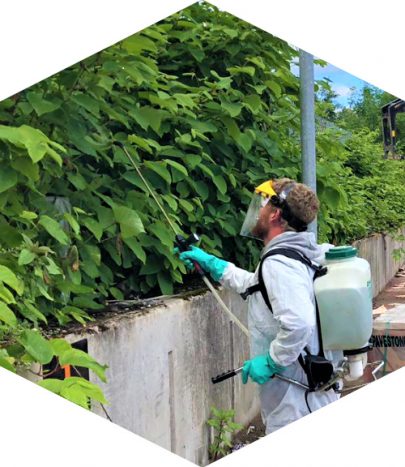
What is the Best Herbicide for Japanese Knotweed Removal?
The use of herbicides requires special attention as these can be harmful to humans, animals and the environment if not used correctly. All our technicians are NPTC qualified and follow a strict safe system of work to ensure any risks are minimised.
We only use herbicides on the MAPP (Ministerially Approved Pesticide Product) approved list of herbicides and have COSSH assessments for all those used. A record of each herbicide application along with its effect on the infestation is maintained and issued to the client. This evidence demonstrates implementation of the management plan and satisfies conditions set by mortgage lenders.
To find out more about our herbicide treatments please call us today.
Japanese Knotweed Removal Services
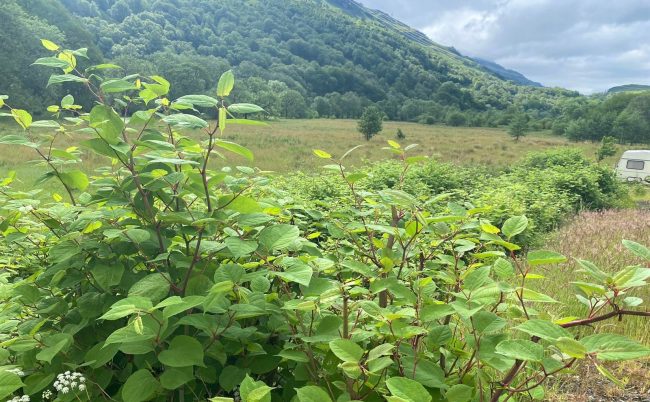
Stem Injection & Leaf Application
Stem Injection provides a targeted treatment using concentrated doses of herbicide which are injected directly into the plant’s stems using specialised equipment. The herbicide is drawn down through the stem and penetrates deep into the rhizomes where it kills the plant. This method of control is particularly advantageous due to its lower environmental impact.
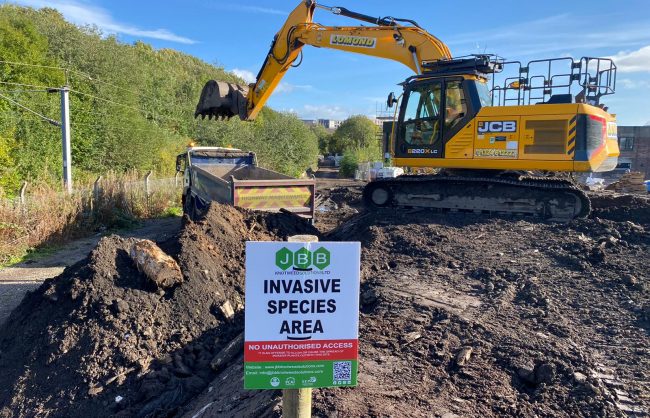
Excavation and Off-Site
Disposal
Land contaminated with Japanese Knotweed can prove troublesome to developers and construction firms whose projects may be hindered until the knotweed is dealt with. Homeowners looking to build an extension or have their garden landscaped may require an immediate solution.
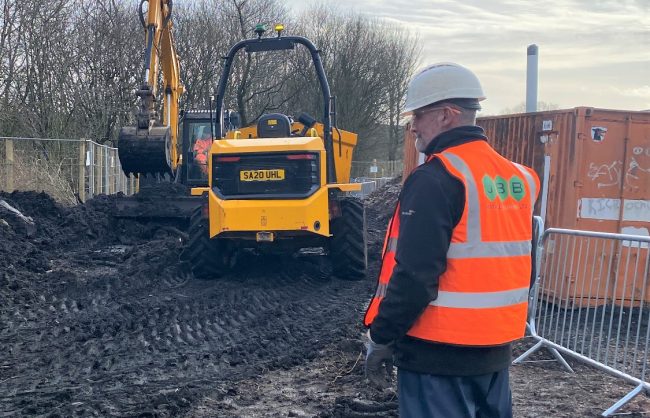
Excavation and On-Site
Treatment
On sites where additional space is available, excavated waste can be stockpiled in a segregated area where its presence will not pose any threat to surrounding structures or be at risk of spreading. A suitable management plan can then be put in place to treat the Japanese Knotweed with herbicide over a period of 2-5 years.
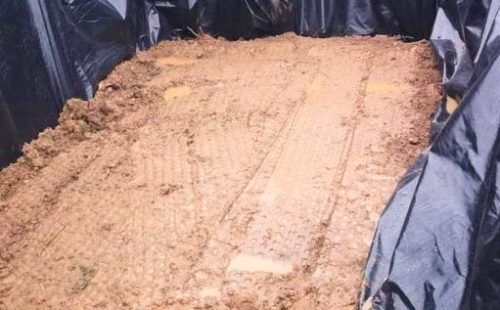
Root Barriers
Root barrier membranes can be used as a means to prevent the spread of Japanese Knotweed onto neighbouring land. The effectiveness of the membrane is determined by good installation, therefore, it is essential that a specialist contractor such as JBB Knotweed Solutions is involved to undertake the task. A failure to halt Japanese Knotweed from spreading onto neighbouring property could result in legal proceedings.
Book A Survey
We can tell you if you definitely have Japanese
Knotweed on your property and recommend the
best course of action.
We can tell you if you definitely have Japanese Knotweed on your property and recommend the best course of action.
Japanese Knotweed in Scotland

Buying a House with Japanese Knotweed
Knowledge of the existence of Japanese Knotweed within a property boundary must be disclosed.

A Guide to Selling a House with Japanese Knotweed
Japanese Knotweed on a property that you are selling? Read our guide on how to approach the problem in a safe way.
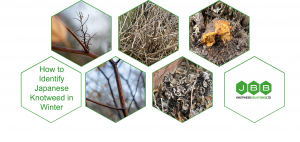
What does Japanese Knotweed look like in winter?
Discover how to identify Japanese Knotweed in winter.

What is Japanese Knotweed?
Japanese Knotweed is a type of plant which is classified as a pest in many countries.

